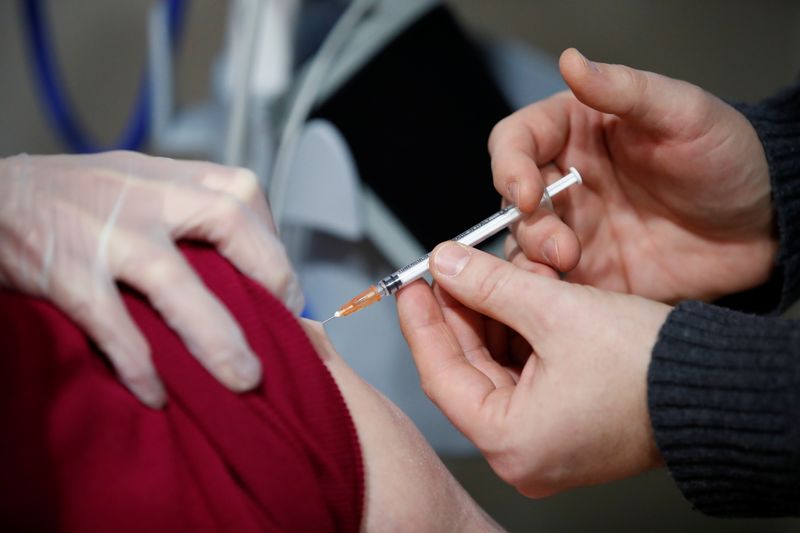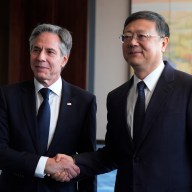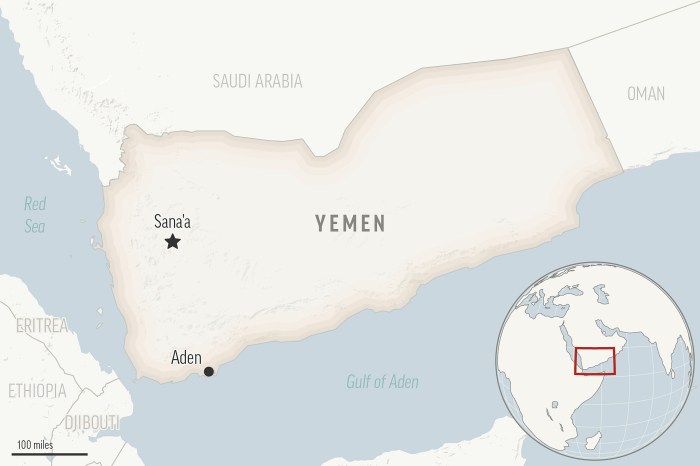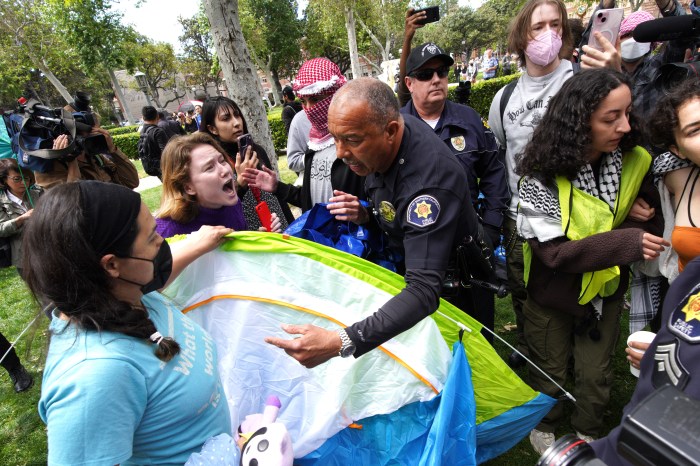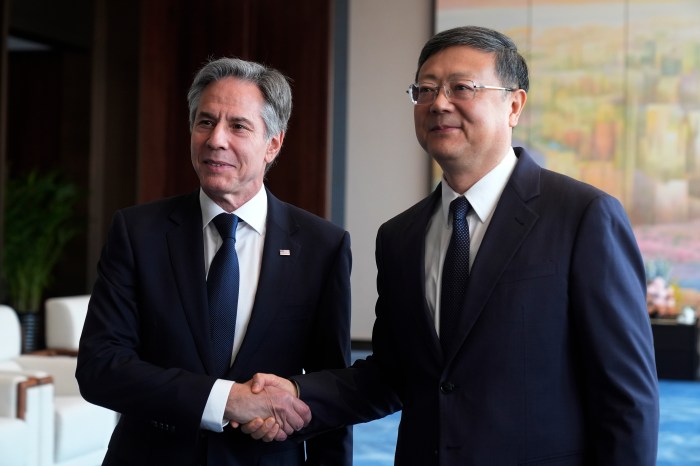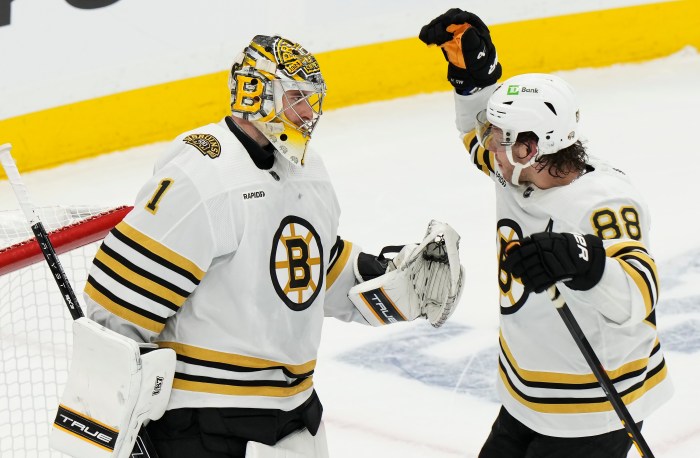BRUSSELS (Reuters) – Frustration over the slow rollout of COVID-19 vaccines has sparked tensions within the European Union, echoing disarray within the bloc at the beginning of the pandemic over sharing of protective medical equipment and the closure of borders.
There are concerns that a separate order of Pfizer-BioNTech vaccine shots Germany made for itself could cut into supplies for bloc-wide distribution, and a spat has erupted over contracts awarded for “French” and “German” vaccines.
European Council President Charles Michel, who represents the 27 EU member states’ governments, said late on Tuesday he would call a video-conference summit before the end of January to discuss the “tremendous” vaccination challenge they face.
The European Commission, the EU’s executive, has signed six supply deals with vaccine makers for nearly 2 billion doses to be distributed on a pro-rata basis to members states based on their populations.
Of those, only the Pfizer-BioNTech vaccine has been approved for use so far. The European Medicines Agency recommended on Wednesday the approval of the Moderna vaccine.
The European Commission this week defended its strategy, saying it had been important not to put all its eggs in one basket when various vaccines were still at development stage.
“We always knew that it would be a complex operation and this is precisely why the European Commission was so adamant that it was important that we could sign contracts with different companies,” spokesman Eric Mamer said on Wednesday.
The German government is facing criticism at home for not ensuring greater supplies of the vaccine developed by Germany’s BioNTech and U.S. company Pfizer.
However, in September it reached a bilateral deal – separate from the EU’s contracts – for an additional 30 million doses, German officials said.
The European Commission said that EU countries committed not to conduct parallel talks with vaccine makers, but declined to comment on whether Germany had a separate deal with BioNTech.
Separately, Karl Lauterbach, an epidemiologist and lawmaker with German Chancellor Angela Merkel’s Social Democrat coalition partners, accused France of trying to influence the EU’s clutch of contracts in favour of a vaccine being developed by France’s Sanofi and GlaxoSmithKline.
“France took care that not too much German vaccine was purchased in relation to the French vaccine,” he told German TV on Monday. “I do believe that other issues rather than purely health-related matters played a role here.”
Echoing him, Germany’s biggest tabloid Bild ran a headline saying “France prevented more German vaccine”, referring to the Sanofi/GSK shot and that of Pfizer with the German biotechnology company BioNTech SE.
Lauterbach declined to comment on Wednesday.
French European Affairs Minister Clement Beaune rejected accusations against France as “unacceptable and false”.
“It is absurd to play countries and laboratories off against each other because all countries need all the vaccines to vaccinate the maximum number of people between now and the summer,” he said in a statement.
The tensions over the vaccination campaign come as coronavirus infections quicken in many member states.
The EU has displayed unprecedented solidarity in the face of the pandemic, agreeing on a huge joint borrowing programme to bolster the recovery of its economy. However, there were strains earlier last year when countries hoarded personal protective equipment and unilaterally blocked border crossings.

